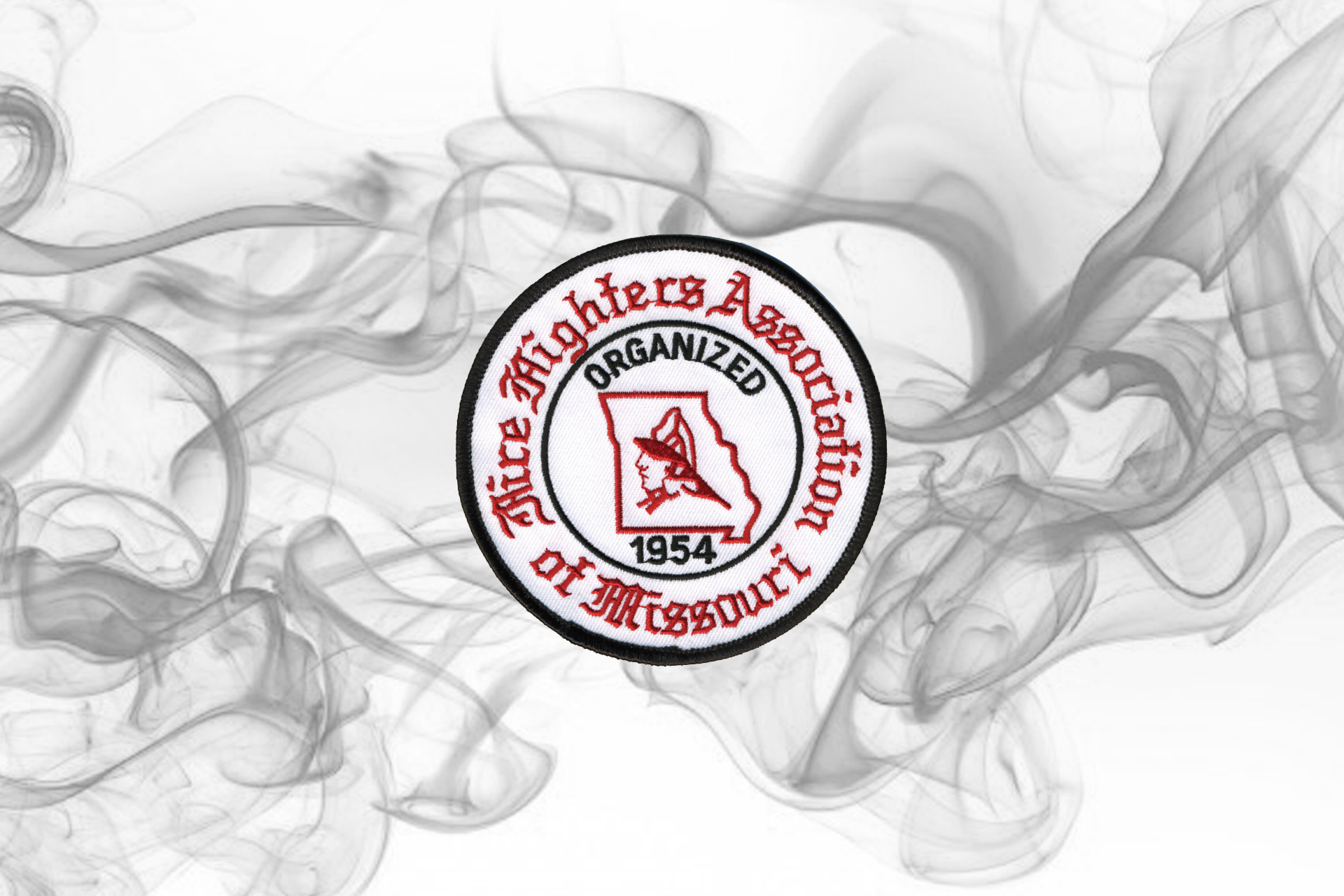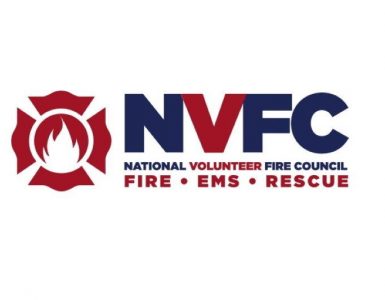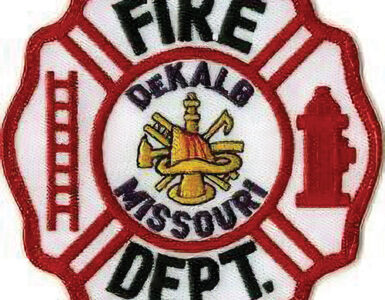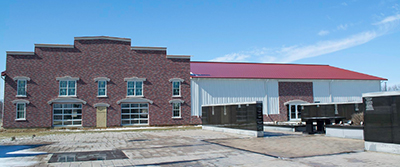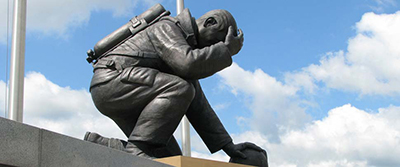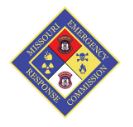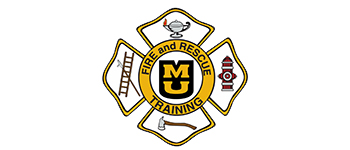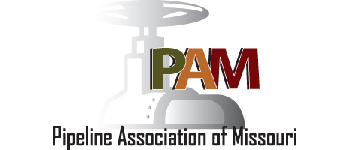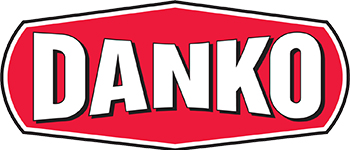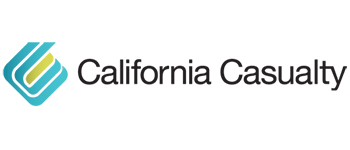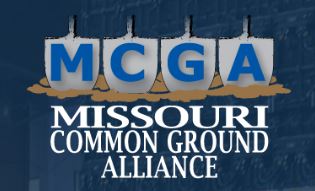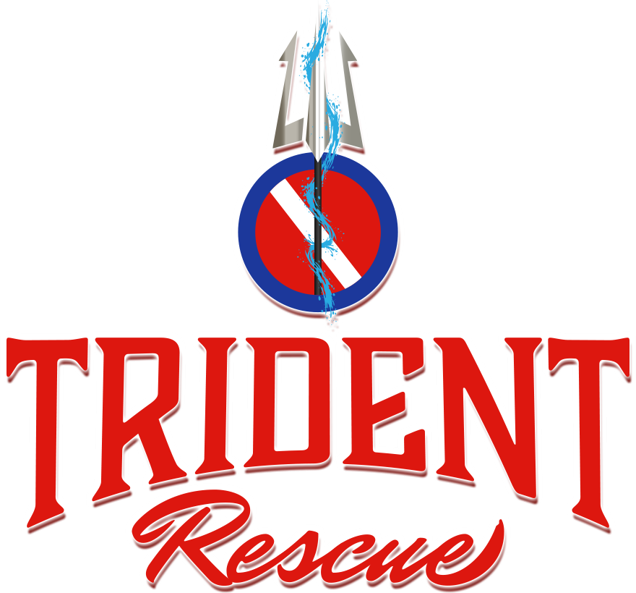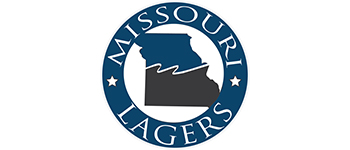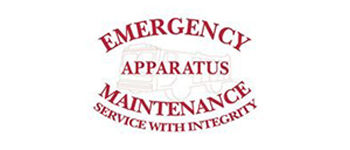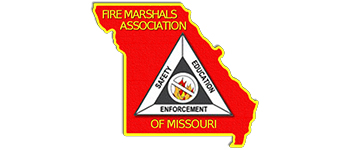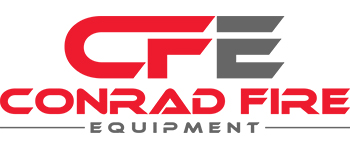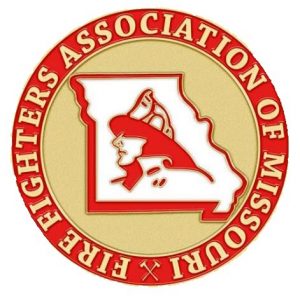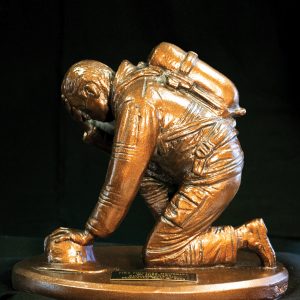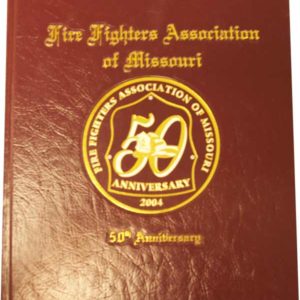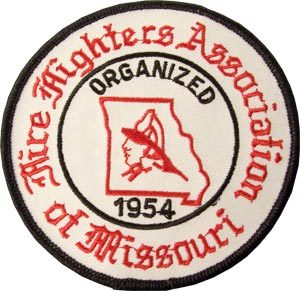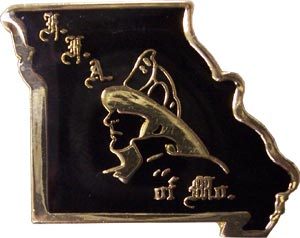Open wounds or trauma calls in our field are some of the easiest to treat. You can see what’s in front of you and you can see what to do. Medical calls are harder because we can’t see the open wound. We can’t see where blood is coming from. Although medical calls are harder, we still know how to treat them.
I have been on the job for fifteen years on two fronts, seven years as a volunteer, eight years as a career. Just so there is no doubt, my career department is a combination department and we depend on volunteers as much as we depend on air. Through most of my seven years as a volunteer, the majority of the calls were pretty mundane, or so I thought. In my career life obviously, the calls are higher volume, but for the most part just as mundane. However, all it took was a few hard calls to realize that the mundane calls that we had used dark humor to get through weren’t as mundane as they seemed. With higher call volume comes more of the “bad” ones. We all use dark humor to get through the days but I have noticed in my career that dark humor carries a little more weight than it used to. It is the repetitiveness of rough calls that have put me on this journey to try to help my brothers and sisters stay on the job and stay sane.
What do we do if the wound is not medical? It is not open, but a wound nonetheless and to make it even harder there is no patient. That is because you are the patient. That compounds things exponentially. Do any of us know how to treat this patient, the patient that doesn’t know they want treatment, the patient that is too hardened for treatment and frankly just too damn bullheaded? Have any of us been taught how to deal with that patient? I know in my fifteen-year career I have not. However, throughout my career, I have tried to become more introspective.
I found that my shortcomings in taking care of my mental health have resulted in shortcomings in my patient care and in being a first responder. We have always been taught that we are the ones who help, not the ones who receive help. This is a long-established thought process, much like “a hundred years of tradition unimpeded by progress.”
In most of my career, when it came to mental health, if a person couldn’t handle it then it obviously meant they were going to commit suicide. However, there is a more common and lurking danger, one we’ve all heard of and most of us fear as much as suicide, burnout. When you have burnout you are no longer the responder you once were. You have lost the ability to do your job and for people in our field that is as crippling as losing your legs.
For most of us, this is what we know, this is what we are good at. If we think back to the firefighters we’ve lost to burnout, what would have happened if they had kept a close eye on their mental health and took care of the “open wound” while they could see it?
We have done an amazing job highlighting the risk of cancer to firefighters over the past several years. Studies show firefighters face a 9% higher risk of contracting cancer and a 14% higher risk of dying, these are sobering statistics.
We have another even higher risk that has gone unspoken for far too long. According to the US Department of Health and Human Services:
•
More than 50% of firefighters deaths are attributed to stress and exhaustion
•
30% of all firefighters will develop a mental/behavioral health condition during their career
•
50% of firefighters report using binge drinking as a coping mechanism for the stress from the job
•
Firefighters face increased rates of suicidal ideation, plans, and attempts compared to the general population
•
Firefighters also face increased occurrences of PTSD
•
PTSD is known to increase the risk of attempted suicide by more than 5%
TRAUMA – PRIMARY AND SECONDARY:
Primary trauma is something that has happened to you in the course of your life. There has been extensive research on trauma over the past decade. We know that a large percentage of our population has experienced some form of trauma in their life. Our fire-fighting men and women are no different. Each firefighter may be bringing their trauma to every call. This can impact their experience in ways that are unique to them.
Secondary trauma is the trauma that we take home with us, not because it happened to us, but simply because we were a witness. Secondary trauma is the experience of trauma indirectly. This is the type of trauma that every person who is in our ranks will experience through the job. The impact of secondary trauma varies by person, but culminating loads of secondary, or vicarious trauma with few or no coping skills results in burnout, community safety issues, family breakdowns, and contributes to the sobering suicide statistics we spoke of earlier. Most firefighters will bring their personal traumatic experiences to a call. Every firefighter will experience secondary trauma as a result of a call.
In the same way, we have increased awareness around the risk of cancer and the importance of screening, we can increase the awareness of mental health issues within our family of firefighters. Increased awareness is step one to reducing the stigma around the need for mental health care within our ranks. Every call has the potential to impact every firefighter.
Normalize this and normalize that everyone has different reactions. This also means that there may not be an immediate response to the secondary trauma we have experienced. It may take a few days, weeks even. Once you are hit, that is when you have to know to seek help. A lot of times if it takes a while for what you have dealt with to sink in. Then you get the arms crossed, raised brow look from senior firefighters, in my opinion to hell with that. No one knows when or how they are going to be affected. It falls upon ourselves and our leaders to facilitate the help we need.
There are a ton of resources out there for firefighters, but which ones are the tested ones? How do we access them? Who provides the training? We need resources to standardize our access to mental health services. This is where our leaders become instrumental. Because it may be a 1:00 a.m. phone call or it may be immediately after the run. Our leaders need to make sure something is in place to assist first responders when the need arises. I completely understand that this part of the job is not something our leaders signed up for. But the job we signed up for is not the same job we are doing now. Things have changed. Just as we have to change with the tide, so do the ones who lead us.
A firefighter is synonymous with bravery, but we need to redefine our definition of bravery. Bravery is running toward danger when others are running away, but it is also running toward help when the call is over.
Do we need to standardize mental health expectations with a clear and defined path to recovery? What are your department standards around mandatory debriefs, peer counseling, leadership counseling or seeking professional involvement, etc.?
We need to create an awareness campaign for the state using real firefighters who embrace and support the vision for mental health within the firehouses. Identify firefighters that can work alongside mental health professionals to build a network of trusted experts to respond to the needs of our local heroes. We all have people in the firehouse that are more than happy to assist with any kind of training. Do our firehouses have people willing to help when a fellow firefighter has taken a mental hit?
Vet and Endorse Resources
PauseFirst.com
Firefighter Behavioral Health Alliance
Share the Load
Standardize Mental Health Expectations
Are there state standards around mandatory debriefings, for those seeking professional involvement, etc.?
Awareness Campaign
Create an awareness campaign for the state using real firefighters who embrace and support the vision for mental health within the firehouses.
Create a Network of Safety and Support Resources
Identify firefighters that can work alongside mental health professionals to build a network of trusted experts to respond to the needs of our local heroes.
Special thanks to Douglas Yurecko, Ed Fowler, and Rick Hobbs for their support through my struggles.


